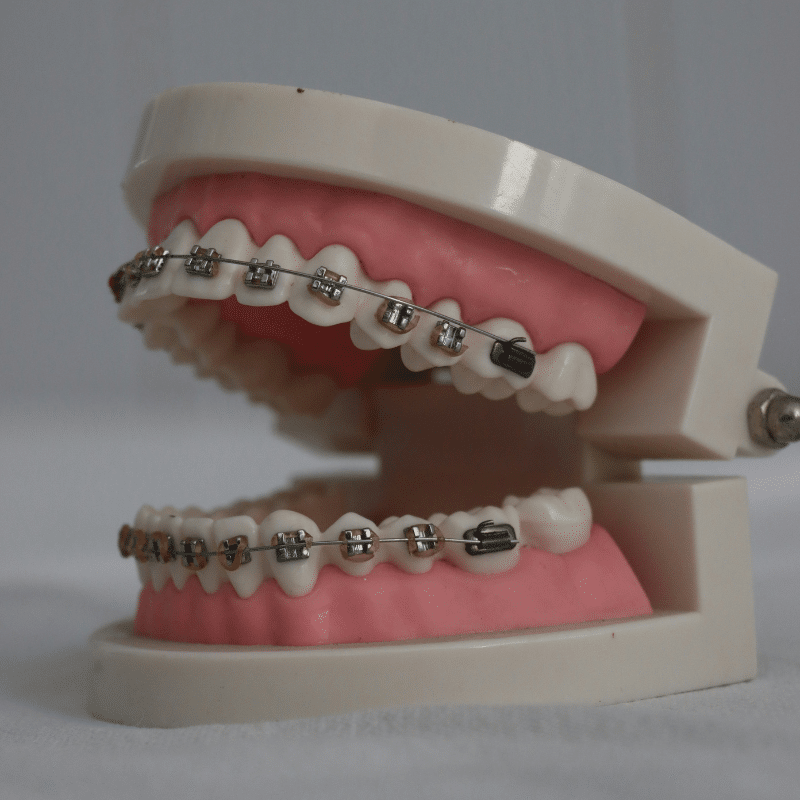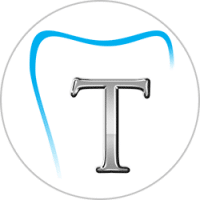An aligned bite is more than just a beautiful smile—it is a key part of your overall oral health. If you have been told your child (or even you as an adult) has an overbite or crossbite, you may be asking yourself if it is really necessary to treat it. The answer is a clear yes—and the following information will help to explain why.
Malocclusion (a misaligned bite) may seem like a minor issue at first, especially if it is not causing obvious discomfort. However, leaving an overbite or crossbite untreated can lead to long-term consequences for your teeth, jaw, and even your overall well-being.
Understanding Overbites and Crossbites
What is an Overbite?
An overbite occurs when the upper front teeth excessively overlap the lower front teeth. A small overbite is common, but when the gap is too large, it can cause functional and aesthetic problems.
What is a Crossbite?
A crossbite happens when some of the upper teeth sit inside the lower teeth when the jaw is closed. This can affect the front teeth, back teeth, or both, and often causes asymmetrical pressure on the jaw.
Risks of an Untreated Overbite
- Increased risk of tooth wear and damage
A deep overbite puts excessive pressure on the lower front teeth, leading to premature wear, enamel erosion, and even cracks or chips. - Jaw pain and TMJ dysfunction
When your bite is misaligned, your jaw has to work harder to compensate. Over time, this added strain can result in jaw pain, stiffness, headaches, and temporomandibular joint (TMJ) issues. - Speech problems
A severe overbite can interfere with tongue placement, leading to speech impediments, such as lisps or difficulty pronouncing certain sounds. - Gum damage
In some cases, the lower teeth may press against the roof of the mouth or the gum line behind the upper teeth, leading to irritation, gum recession, or injury. - Facial imbalance
A pronounced overbite can cause a “sunken” appearance of the lower face or a protruding upper lip, affecting facial symmetry and impacting confidence.
Risks of an Untreated Crossbite
- Uneven tooth wear and chipping
A crossbite causes the upper and lower teeth to rub against each other in unnatural ways, which can result in uneven enamel wear, chipping, or even tooth fractures. - Asymmetrical jaw growth
In growing children, a crossbite can affect the way the jaw develops, potentially leading to permanent misalignment or facial asymmetry. - Gum recession and bone loss
A misaligned bite puts abnormal pressure on the teeth and gums, which may cause gum recession or even bone loss over time if not addressed. - Difficulty chewing and biting
Crossbites can interfere with biting and chewing food properly, potentially causing digestive issues and discomfort during meals. - Increased risk of tooth decay and gum disease
Misaligned teeth are more difficult to clean properly, which can lead to an increased risk of plaque buildup, cavities, and periodontal (gum) disease.
Why Early Treatment Matters
Orthodontic treatment is most effective when problems are addressed early—especially during childhood or adolescence when the jaw is still developing. However, adults can absolutely benefit from treatment too. In fact, correcting a misaligned bite in adulthood can prevent years of dental complications and even relieve chronic jaw pain.
Treatment options may include:
- Braces to shift teeth into the correct position
- Clear aligners for mild to moderate malocclusions
- Palatal expanders for children with narrow upper jaws
- Elastics or bite plates to help reposition the jaw
Let’s Fix It Before It Becomes a Bigger Problem
At Tebo Orthodontics, we believe in proactive care. Whether your child has a developing bite issue or you have been living with discomfort for years, our team is here to guide you toward the best solution. Malocclusion may start small, but ignoring it can lead to long-term health, aesthetic, and functional problems.
Schedule a consultation today with Tebo Orthodontics to evaluate your bite and take the first step toward a healthier, more comfortable smile.





